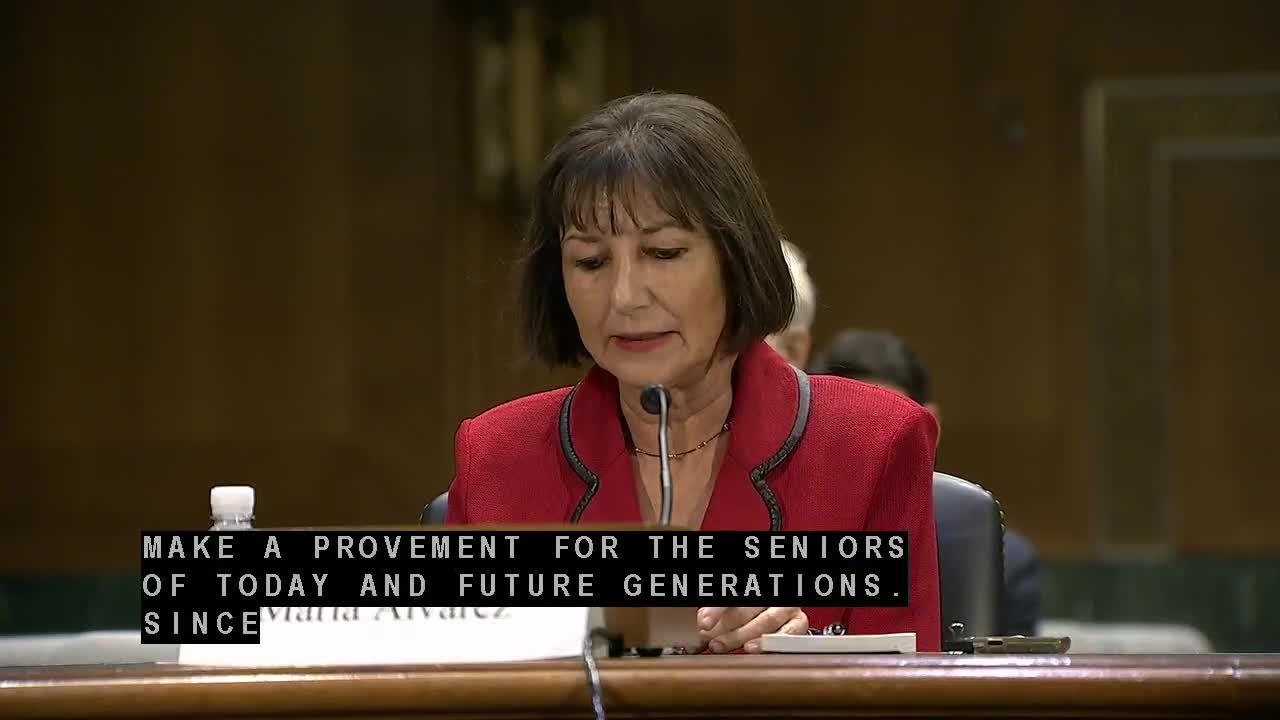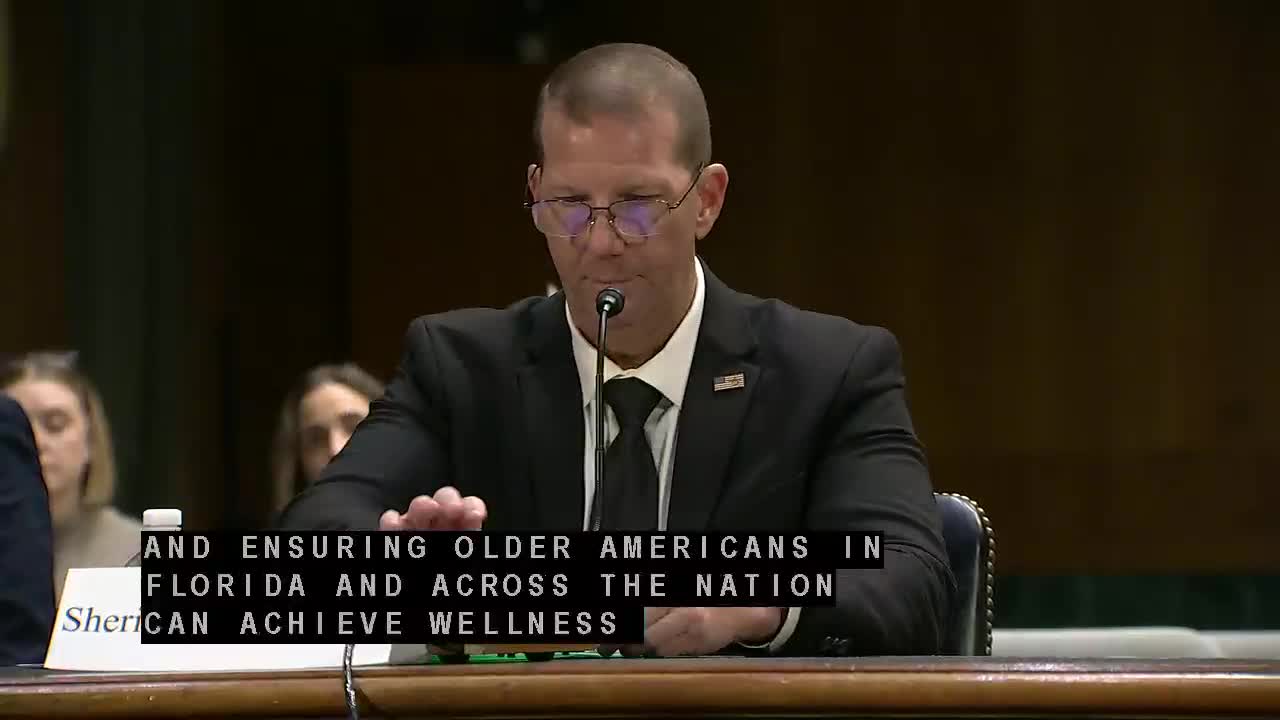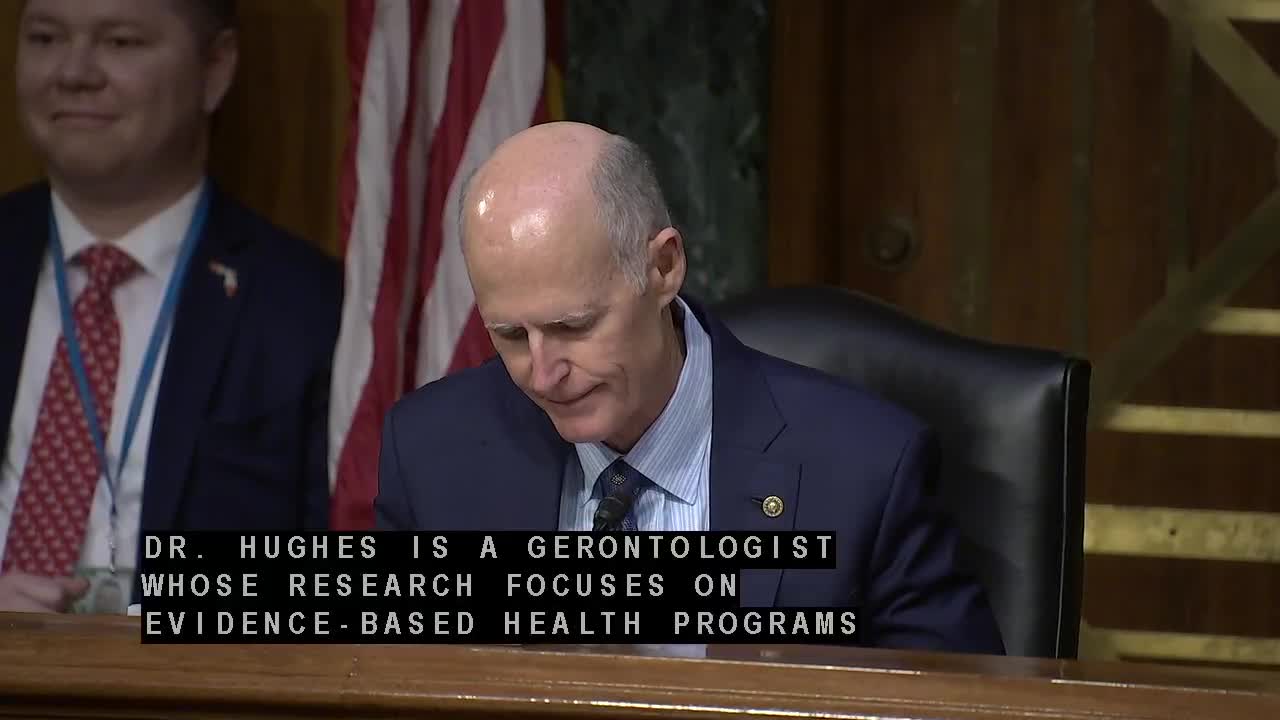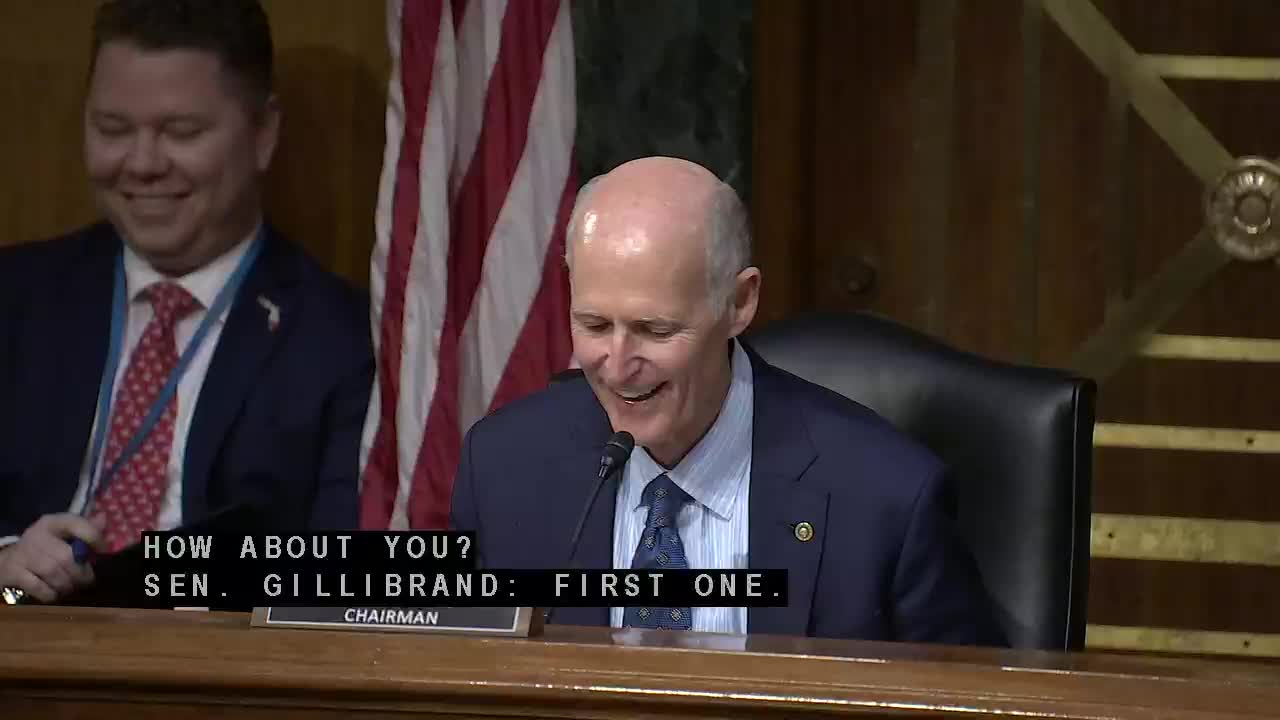Article not found
This article is no longer available. But don't worry—we've gathered other articles that discuss the same topic.

Advocates and witnesses press Congress to shore up income supports, Older Americans Act and Medicaid home‑and‑community services

Charlotte County sheriff describes local senior outreach, search and fraud‑prevention efforts

Witnesses urge Congress to expand evidence‑based wellness programs for older Americans

